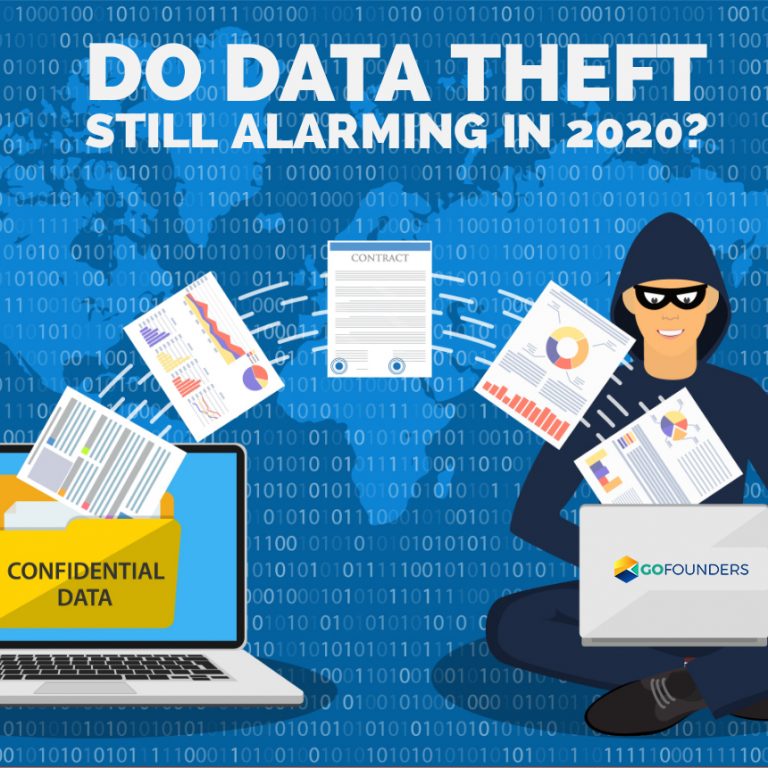
Remaining safe online speaks to a huge test, and for families, this is much progressively troublesome with more youthful web customers time and again ignorant of the risks that can sneak on the web. All things reconsidered, much the same as any average parent would not let their kid meander around Times Square all alone, neither should these equivalent youngsters be allowed free on the web to wander.
What is the need for Data Security?
It very well may be hard to keep up security on the web, with a more significant amount of our information streaming onto the internet, including family photographs and funds, to name two or three conceivably sensible areas. Numerous people are confronting difficulties in this regard, as a year ago in the US, there were an incredible 16.7 million occurrences of character misrepresentation, with an aggregate of $16.8 billion (around £12.7 billion) taken, as per the Insurance Information Institute.
While these are disturbing measurements, there is a lot that should provide you and your family with cybersecurity or Data Security. Here are six basic approaches to keep up your protection on the web.
Individual Information is Like Money: Worth It & Ensure It.
Your gadgets make it simple to connect with your general surroundings. Yet, they can likewise pack a great deal of data about your loved ones, such as your contacts, photographs, recordings, locations, health, and financial status. Follow these tips to deal with your protection consistently in the world.
- Secure your gadgets: Use a strong username, passwords, or contact ID highlights to bolt your devices. These safety efforts can help secure your data if your gadgets are lost or taken and continue prying eyes out.
- Think before your application: Information about you, such as the games you like to play, your contacts list, where you shop and your area, has esteem – only like cash. Be attentive to who reads that data and how it’s collected through applications.
- Presently you see me; currently, you don’t: Some stores and different areas search for gadgets with WiFi or Bluetooth went on to follow your developments while you are inside range. Handicap WiFi and Bluetooth when not being used.
- Get smart about WiFi hotspots: Public remote systems and hotspots are not secure, which implies that anybody might perceive what you are doing on your cell phone while you are associated. Cut off what you do on open WiFi, and abstain from signing in to vital data like email and money related administrations on these systems. Think about utilizing a virtual private network (VPN) or an individual/versatile hotspot if you need a progressively secure association in a hurry.
Keep Device Clean:
- Keep your cell phone and applications updated: Your cell phones are similarly as powerless as your PC or laptop. Having the most forward-thinking cybersecurity, internet browser, working framework, and applications is the best protection against infections, malware, and other online dangers.
- Erase when done: Many of us download applications for particular purposes, for example, planning a party, and no longer need them a while later, or we may have recently downloaded apps that are not, at this point, valuable or interesting. It’s a primary data security practice to erase all applications you do not utilize anymore.
Modify the social media platform data privacy settings:
Every social media platform has an alternate procedure to control privacy and security settings. Before you share your post or pics, you will reliably know who can see, react, or comment.
Limit your privacy:
Cautiously choose whether you need your online networking posts and pictures on being visible to everybody, just friends, or friends of a friend while looking into your security settings for every social media platform. You can likewise make a custom rundown for each post, such as tagging friends, can be a great deal of fun, yet also an invasion of privacy and security. Additionally, you would prefer not to be tagged in something improper. Continuously select to audit when another person tags you in a post before it is published. Remember, in any case, since you may not endorse the content to be shared on your social media wall, it might even now be visible on their wall.
Understand what sorts of individual data social media platform store:
After pursuing a social media platform website, most customers actively provide their name, sex, date of birth, and email address. Some social media platform websites don’t stop there. They proceed to gather other data like an IP address or the kinds of things you have liked, shared, or commented on. Often you’re given a choice to utilize your Facebook account to sign in to other applications. While this might be advantageous, you could accidentally permit different forms to get to a higher amount of access to your data more than required.
Conclusion:
One approach to ensure that you are not oversharing data is to go through the fine print consistently. While adjusting your security settings on any social media platform, search for the Applications and Website’s choice under Settings, and carefully audit which sites are utilizing your data.



Elizabeth Leary
4 years ago